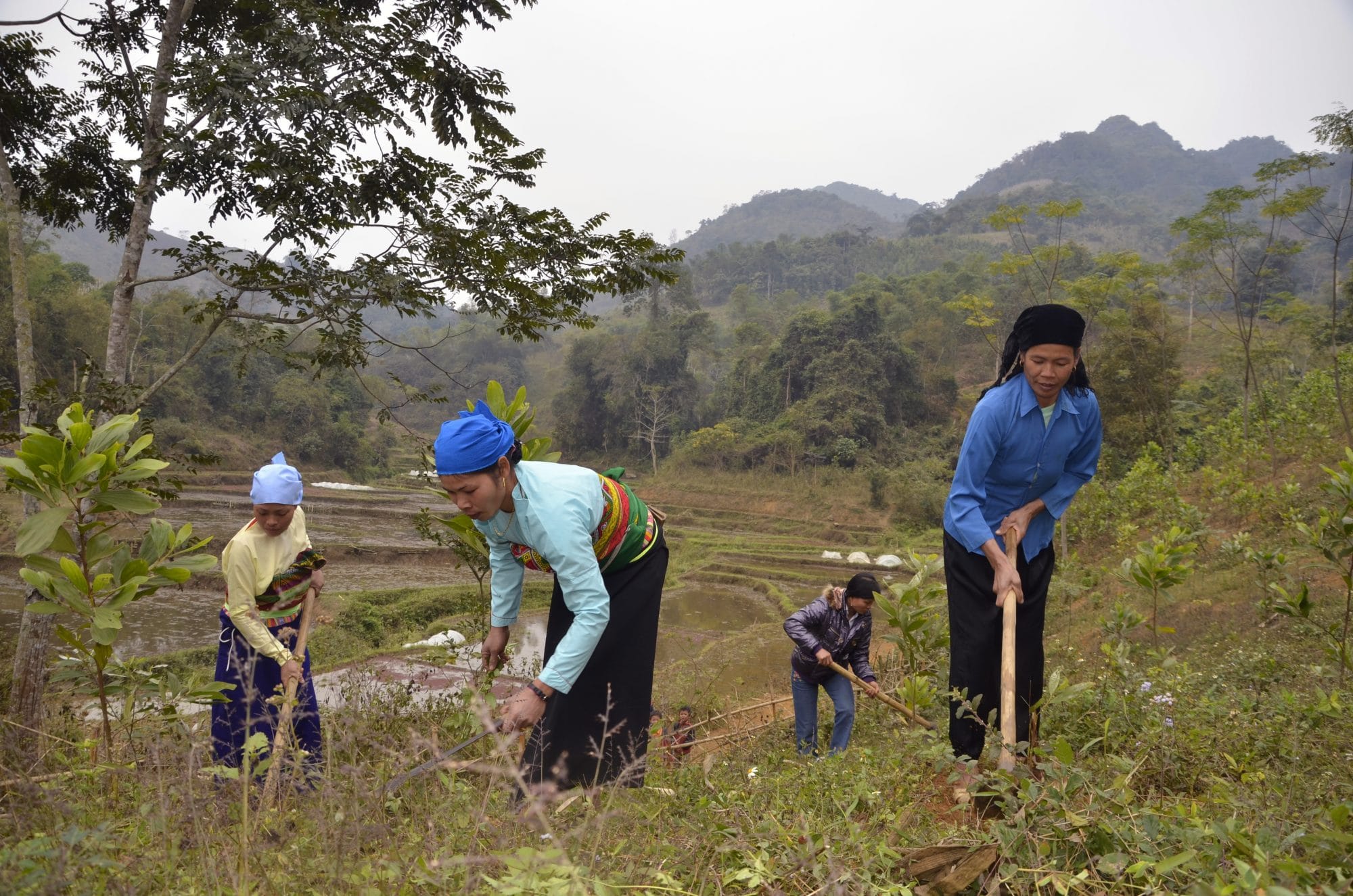CARE Vietnam Learning Series
The Learning Series consists of short publications outlining key issues which CARE in Vietnam is currently tackling, highlights CARE’s approaches, and raises questions and recommendations for future action. They are targeted at a Vietnamese audience, but have relevance beyond. This series draws together key issues, lessons learned and case studies from Vietnam and around the world in the course of addressing the intersecting challenges of various issues, such as gender equality and social protection and climate change, and gives examples and recommendations on how they can be addressed through programming.
Gender Equality
Win-Win Results
Gender Equality within Climate Change Programming
Climate change poses major global challenges, but its implications for lives and livelihoods in Vietnam are very local. The impacts of climate change are, to a significant degree, determined by the fulfillment of rights and the distribution of resources and power among people, at home and in the community. Gender is a critical factor in this and women and men, girls and boys in Vietnam have different life chances, opportunities, resources and rewards that shape the way they can respond to a changing climate. Whilst gender is increasingly recognized as a decisive factor in climate change planning and adaptation, limitations remain. Those working towards both gender equality and effective climate change adaptation must continue to work to bring the two fields of work together to ensure sustainability.
In Vietnam, CARE works with women and men to both promote gender equality and increase communities’ resilience to climate change. This Learning Series draws together key issues and lessons learned in the course of addressing the intersecting challenges of gender inequality and climate change, and gives examples and recommendations on how they can be addressed.
Social Protection
Rethinking Resilience
Social Protection in the Context of Climate Change in Vietnam
In recent years, the importance of social protection, climate change adaptation and disaster risk reduction has risen in prominence both internationally and in Vietnam. The common goal of these three disciplines is to support resilience against shocks and stresses amongst vulnerable people. Integrating the three disciplines in policy, planning and programming presents huge opportunities for multiplying resilience. For Vietnam, a nation where development is jeopardized by climate change and disasters, and where inequality prevents households most at risk from climate change from accessing resources for adaptation, the question is whether resilience can be fostered at all without an integrated approach.
This Learning Series offers an outline of the concept of climate responsive social protection and present the rationale and recommendations for further development of this approach in Vietnam. This rationale is supported by case studies and examples from Vietnam and around the world.
